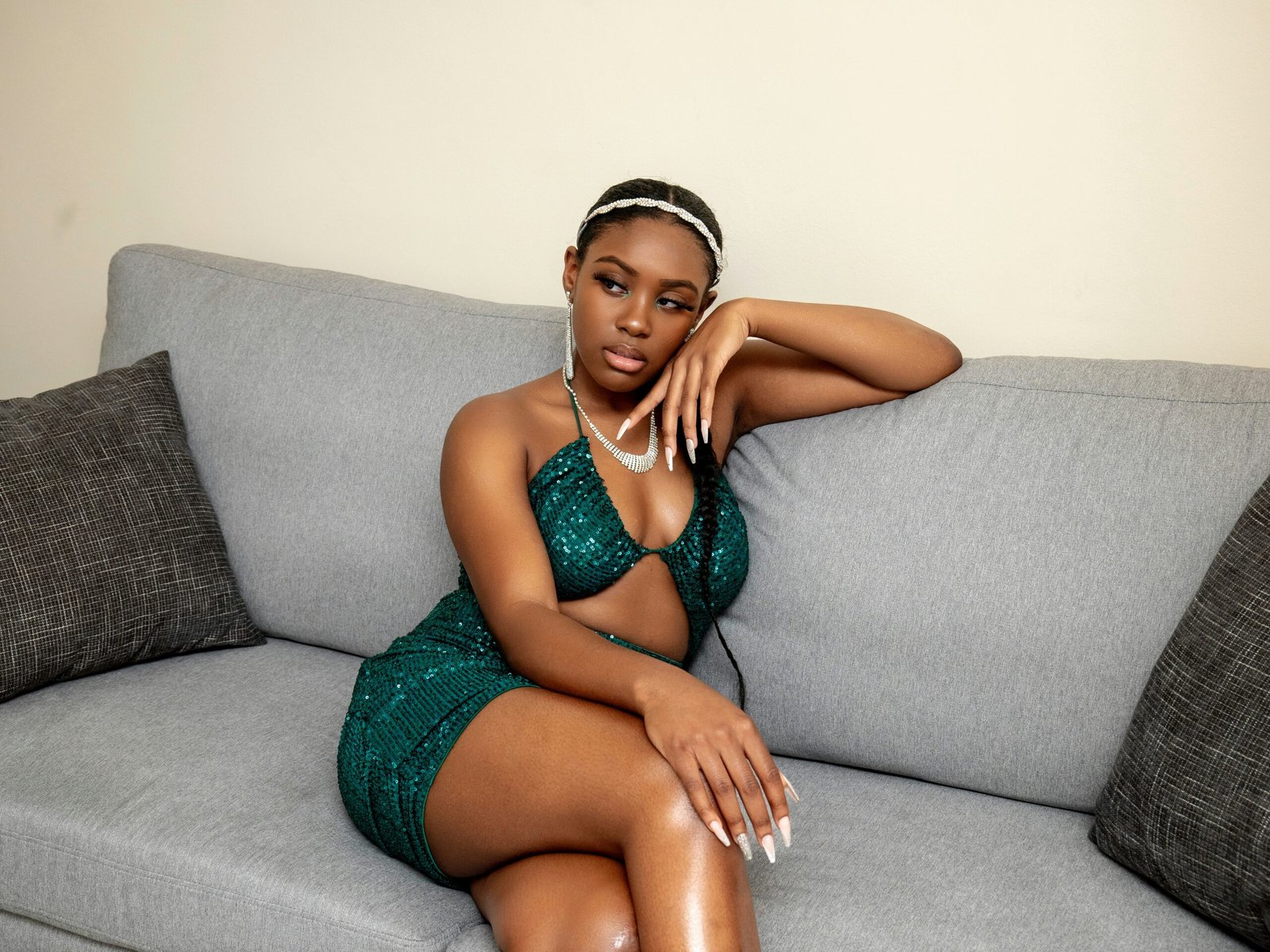Narrated by: Ebiere Tombra
They say the body is a temple.
But in my village, the body of a woman is a battleground.
My name is Ebiere Tombra. I’m from a small fishing community near Okolobiri in Bayelsa State.
My mother used to say, “If a woman knows shame, she will marry well.”
But the older I got, the more I began to ask:
Whose shame?
Defined by who?
And at what cost to the woman?
When They Started Watching My Body

I must have been about 11 when my uncle first said it.
I was helping in the kitchen after church, tying wrapper over my chest, just trying to pour water from the big keg.
He looked me up and down and said,
This one don dey get body small small. She go soon turn ashawo if una no control am.
I remember standing there, kettle in hand, wondering what I did wrong.
I didn’t ask for this body. I didn’t even know how to use it. Yet, I had already been labeled dangerous.
That night, my mother gave me a lecture:
From now on, stop playing outside with boys.
No more jumping around.
Close your legs when you sit.
Respect yourself.
That was the first time I realized my body wasn’t mine.
It belonged to everyone else, except me.
The Virginity Contract Nobody Talks About
In our community, bride price is a big deal.
Families brag about how much their daughters fetch, especially if the girl is a “virgin.”
One cousin of mine, Mene, was disowned because she got pregnant at 17.
Nobody asked who the boy was.
Nobody blamed the man.
They just said:
She don disgrace family. No man go pay full bride price for her again.
I asked my mum once, “What if she was raped?”
She looked at me sharply and said, “Don’t talk like that. Don’t attract evil things.”
So that’s how we grew up, learning to be silent.
Even if we were hurt.
Even if we were confused.
Even if we didn’t consent.
Because our value was linked to something we barely understood:
Our “purity.”
Dress Like a Wife, Not a Slay Queen
When I got into Niger Delta University, I decided to express myself.
I wore trousers. I wore sleeveless tops. I even posted pictures on Instagram in short gowns.
That was when the messages started coming.
Aunties I hadn’t spoken to in years would send me WhatsApp messages like:
Is this how girls from decent homes behave?
You want to finish school and remain in the village?
Delete that picture before your future husband’s people see it.
I wanted to scream.
Why is my marriage currency dependent on how much skin I show?
Why is modesty only expected from women?
My brother was walking around with chest open like Rambo, and nobody said a thing.
They say “Women must cover up for respect,”
But respect is not fabric.
It’s in how you treat people, not how they dress.
Shame Dressed as Advice
I remember when I got my period in JSS2. I stained my skirt in school. Boys laughed. Teachers whispered. My female class teacher called me aside and said:
Now that you’ve started seeing your period, you must behave well. Don’t talk too much. Don’t go near boys. Keep your legs closed.
Nobody said, Congratulations.
Nobody said, You’re becoming a woman.
Nobody even explained what was happening to my body.
All I got was shame.
From that moment on, I began to hide.
I wore bigger clothes.
I never joined the dance group, even though I loved dancing.
I stopped answering questions in class.
Because every time I spoke or moved too freely, I feared someone would say, “You too dey show yourself.”
When “Modesty” Becomes Control
After university, I got a job in Port Harcourt. I started earning my own money. I bought what I liked.
One day, I visited the village for Christmas in a fitted Ankara dress.
The looks I got…
One elder said,
Ebiere, you’re a beautiful girl, but this your dressing no dey show that you get home training.
I laughed politely, but I was boiling inside.
Because these same men?
They send me Facebook friend requests every December.
They like all my pictures.
They greet me differently in private.
So which one is it?
They want to control women publicly, and consume them privately.
What They Don’t Tell You
They’ll tell you:
- If you sleep with too many men, your husband’s thing won’t “fit.”
- If you dress too sexy, you’ll attract “evil spirits.”
- If you talk about sex, you’ll never marry.
- If you ask too many questions, you’re “wayward.”
- If you say no to marriage, you’re “wasting your time.”
But they won’t tell you that many women stay in abusive marriages because shame won’t let them leave.
They won’t tell you that many girls are molested by uncles and told to “keep quiet so you don’t spoil family name.”
They won’t tell you that women cry in silence because culture has told them that speaking out makes them the problem.
Rewriting the Story

Now, I live in Yenagoa. I run a small girls’ support group called “Body and Brave.”
We meet every Sunday.
We talk about:
- Periods.
- Sex education.
- Consent.
- Boundaries.
- Self-worth.
And for every girl who says, “I didn’t know I could say no”, I realize how deep the rot is.
But also, how possible healing is.
Because change won’t come from government.
It won’t come from aunties.
It won’t come from culture that never cared.
It will come from us.
From girls and women who refuse to shrink.
Who speak.
Who unlearn.
Who break the shame cycle, one truth at a time.
💬 Final Words
My body is not shameful.
Your body is not a curse.
And no culture should reduce a woman’s worth to a bride price list or how many inches her gown shows.
Let’s stop hiding.
Let’s stop shrinking.
Let’s stop apologizing for being women.
Because this body, scars and all, is powerful.
Not a thing to be policed.
Not a thing to be negotiated.
And certainly not a thing to be owned by society.


